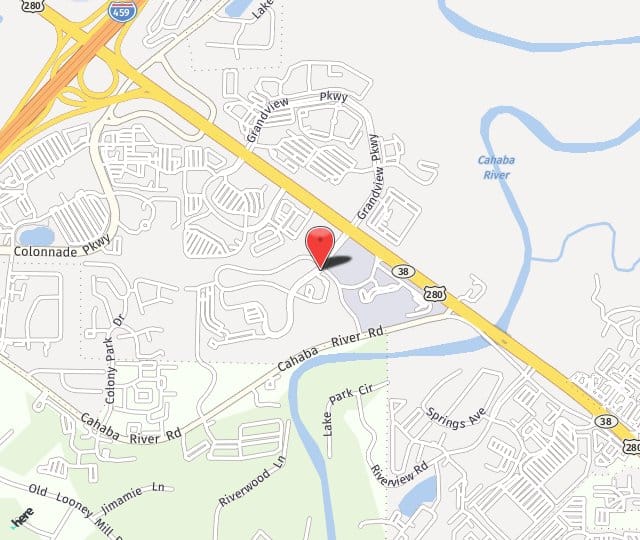
We’ve discussed all sorts of different aspects of arrhythmias over the past year of blogs, but in this final blog of 2019, let’s break down the different types of arrhythmias. Dr. Smith is the finest resource to treat them all to ensure your heart is working on beat in 2020.
Types of arrhythias
-
- Atrial Fibrillation— This is an irregular, rapid, or quivering heartbeat that occurs in the upper chambers of the heart, the atria. This is caused by a malfunction in your heart’s electrical system.
- Atrial Flutter— This results from a single “short circuit” in the right atrium. This causes the atria to beat at about 300 beats per minutes while the lower chambers of the heart beat at a slower rate of 75 to 150 beats per minute.
- Atrial Tachycardia— A normal heart rate at rest should be between 60 and 80 beats per minute. In tachycardia, the heart beats from 100 to 300 beats per minute.
- AV Node Reentry— When a person has this arrhythmia, they are born with an extra electrical connection in their heart. This extra connection and the entire reentrant circuit produce the arrhythmia.
- Wolfe Parkinson White— Wolfe Parkinson White is an extra electrical pathway in the heart that creates an abnormal electrical connection between the atria and the ventricles.
- Premature Ventricular Contractions— These are extra and abnormal heartbeats that begin in one of your heart’s two lower pumping chambers (ventricles). These extra beats can disrupt your regular rhythm, sometimes causing you to feel a skipped beat in your chest.
- Ventricular Tachycardia— When a faster than normal heart rate begins in the lower chambers in the range of 170 beats per minutes or more, this is ventricular tachycardia.
These all sound very scary, and they can be, but most arrhythmias are harmless. Many people don’t even know they have one. But they can be very serious, so any sign of an arrhythmia should be checked out by Dr. Smith. He is expert at treating all of these arrhythmias.
Please call us at (205) 510-5000 to make your appointment.

